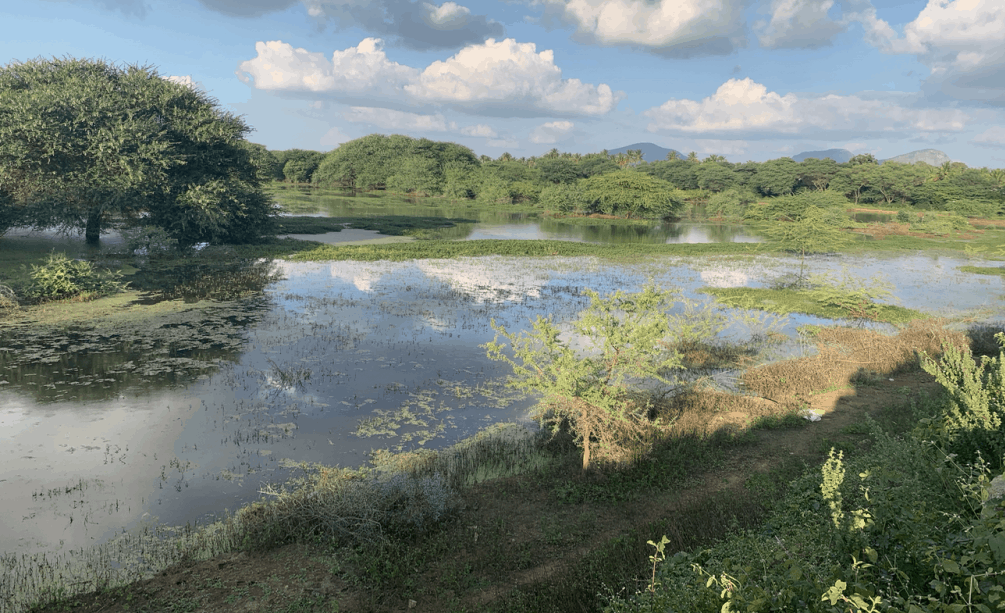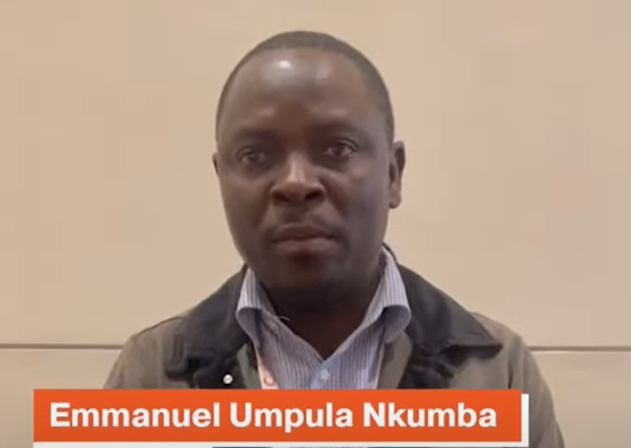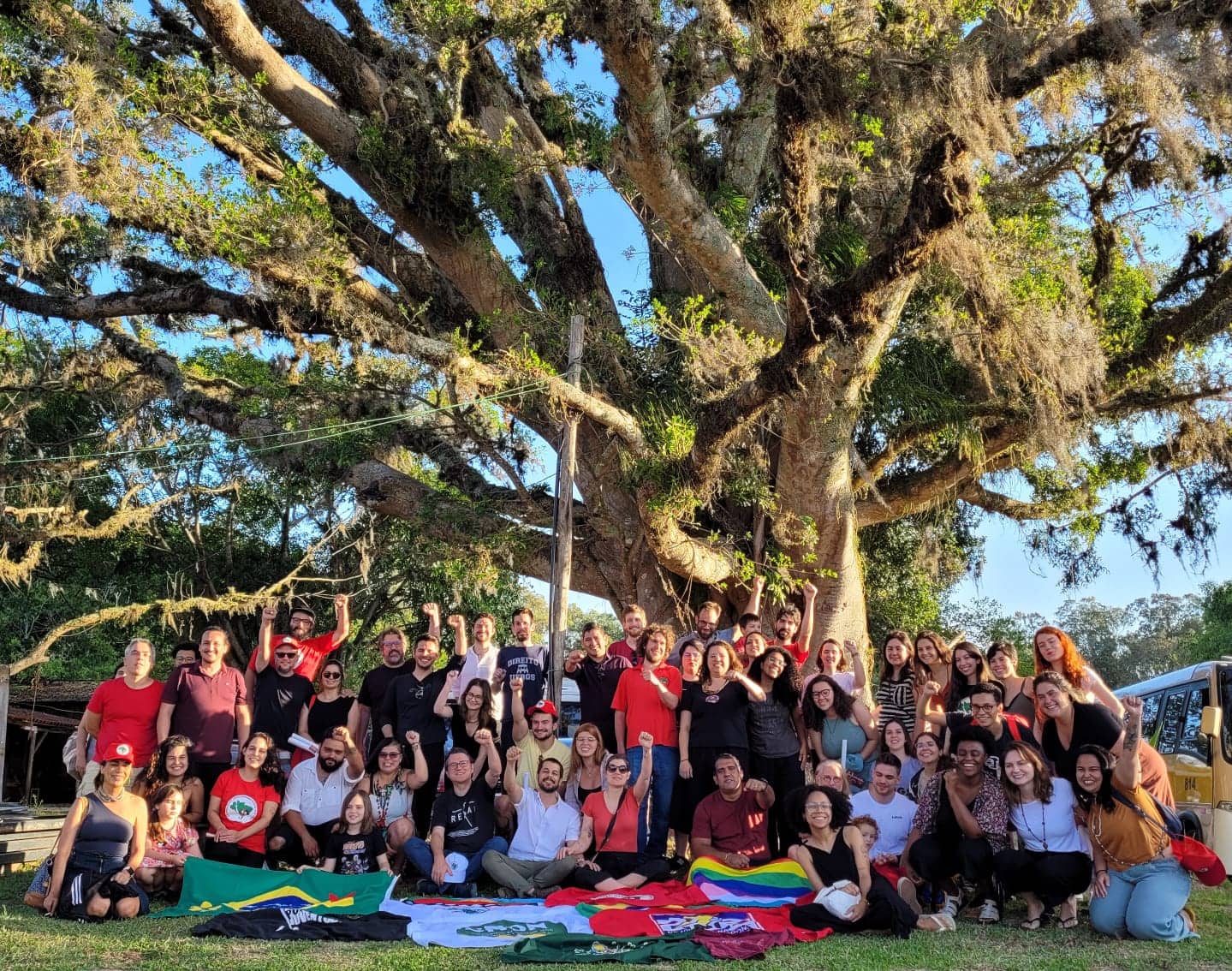We have to protect our water or we are doomed.
India’s Karnataka state is home to nearly 68 million people and 40,000 lakes. These lakes are crucial parts of both the human and natural ecosystems, providing water for drinking, bathing, crops, and fishing, as well as biodiversity. But until last month, the people who depend upon the lakes had little say in how they were used or cared for.

In June, that changed thanks to Environment Support Group (ESG), a group that works with rural communities to marry social, economic, and environmental justice. After a decade of research, advocacy, and litigation by ESG, the Karnataka High Court handed down an order that governance of the lakes should sit with the communities who rely on them for their lives and livelihoods.
“This was a door that was shut on the people and now it’s opening back up to them,” says Leo Saldanha, ESG’s coordinator. “We have to protect our water or we are doomed.”
The June ruling sets a powerful precedent for returning power to rural communities. It can help prevent hunger, curb pollution, and create jobs for local people in water management and safety. And it paves the way for the lakes and the waterways that connect them to become “commons”—natural resources that can be used and shared freely by rural communities and protected for their role in sustaining ecological balance.
A Model For Climate Justice
The Fund has supported ESG since 2015 as part of our strategy to help communities secure their rights to land and vital resources In India. “The Fund is the reason ESG thrives. They give us security, helping us pay salaries, rent. We don’t get state funding,” says Leo.
Now that the case has been won, ESG’s work is just beginning. They aim to collaborate with residents and other local organizations to create a model for community wetland management that can be replicated in other regions.
“You don’t solve climate problems just by going to Paris or Geneva. You do it by working locally,” states Leo.
Thanks to the Fund and friends like you, grassroots activists around the world are creating lasting change. Protecting India’s lakes is just one example. See how you can get involved to help ESG and other community groups secure more victories like this.


